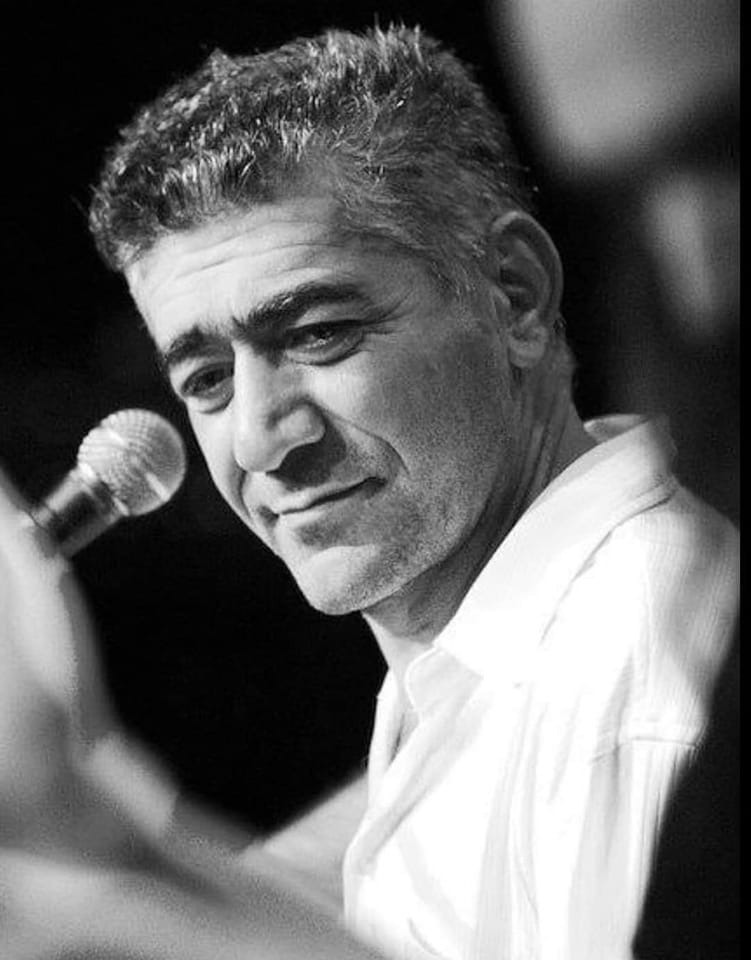Ciwan Haco, born on August 17, 1957, in Tirbespiyê near Qamishlo, emerged as one of the most influential figures in Kurdish music. Hailing from the distinguished Haco Agha family, who relocated from the Mardin region after the Sheikh Said rebellion, Haco’s artistic journey began at the age of 17, when he made his first public performance. This early debut marked the start of a career that would redefine Kurdish music.
In 1979, Haco moved to Germany, where he continued his musical education at Ruhr University Bochum. It was here that his exposure to German musicians, especially Udo Herbst, helped shape his distinctive style. Haco’s ability to fuse traditional Kurdish folk music with European pop and rock elements became his hallmark, creating an innovative sound that set him apart from his peers.
His artistic evolution flourished further during his time in Norway, where he collaborated with local musicians and expanded his musical repertoire. A significant turning point in Haco’s career came in 2004 when he was allowed to perform in Turkey, where his concert received a euphoric reception from audiences.
Haco’s personal life also influenced his music. After marrying in 1999, his lyrics began to shift from political and revolutionary themes to explore more personal topics, such as love, beauty, and the human experience. In addition to his music, Haco also ventured into acting, with a notable role in the 2007 film Dol, directed by Huner Selim.
Over the course of his career, Haco released an extensive discography that spanned decades. His early albums, including Diyarbakir (1981), Gula Sor (1983), Leyla (1985), and Girtiyên Azadiyê (1987), all produced in Germany, helped establish his reputation in the Kurdish music scene. In the 1990s, his work continued to evolve with influential albums such as Çav Bella (1989), Sî û Sê Gulê (1991), and Dûrî (1994), recorded in Norway.
Haco’s more recent albums include Bilûra Min (1997), Destana Egîdekî (1998), Derya (2003), Na Na (2004), Off (2006), and Veger (2012), each showcasing his growth as an artist while staying true to his roots. His music remains a bridge between traditional Kurdish sounds and contemporary global influences, resonating with listeners across generations.
Ciwan Haco’s contributions to Kurdish music are immense. By blending his cultural heritage with modern musical trends, he has created a unique and enduring sound that has not only enriched Kurdish cultural heritage but also introduced Kurdish music to audiences around the world.

